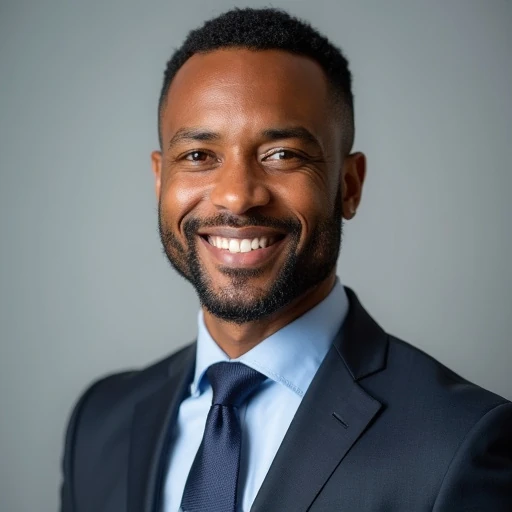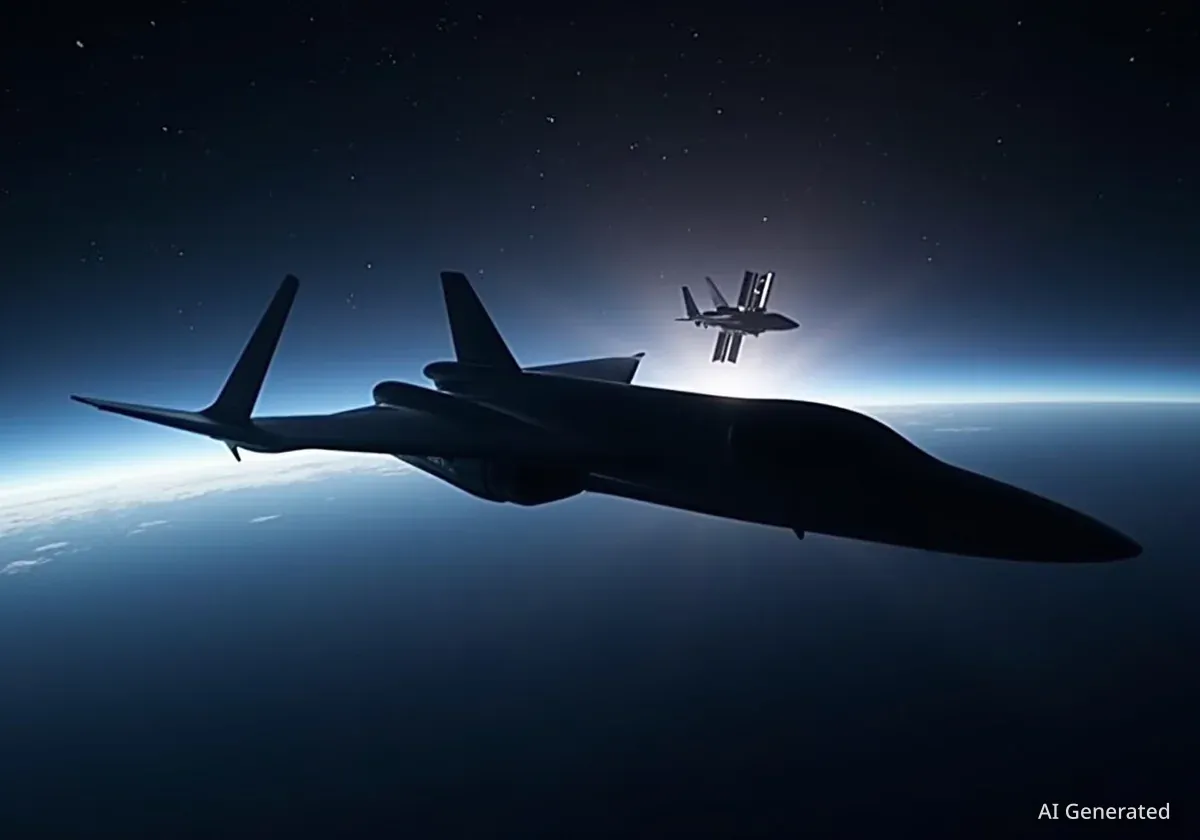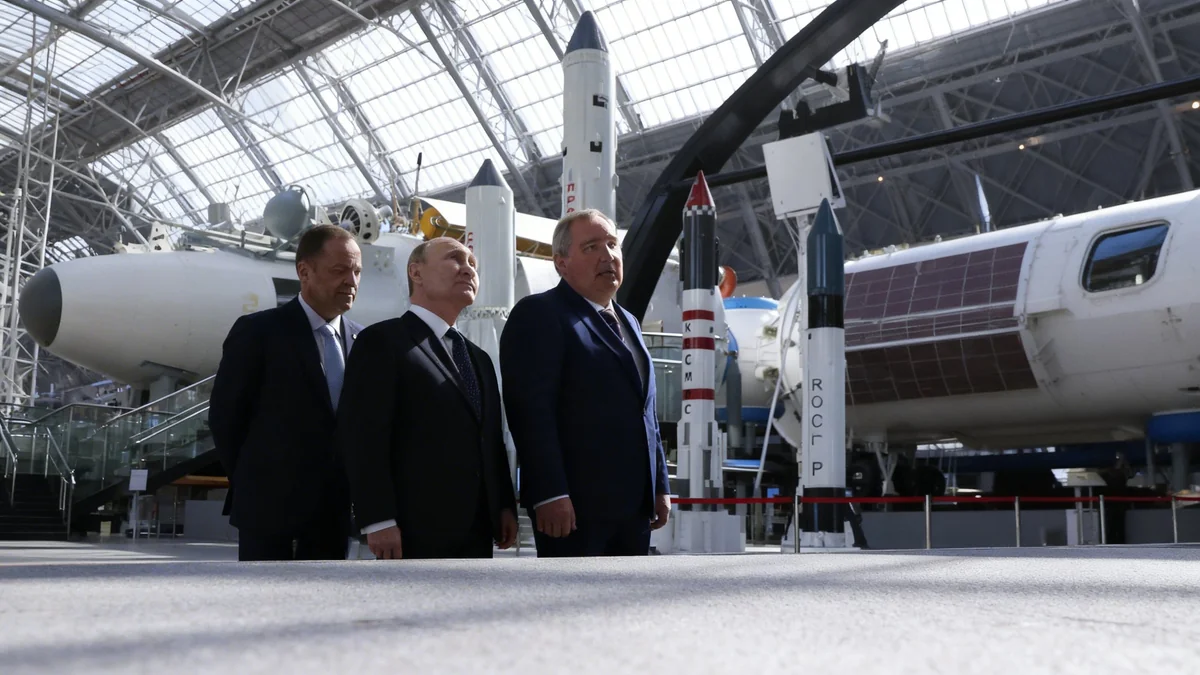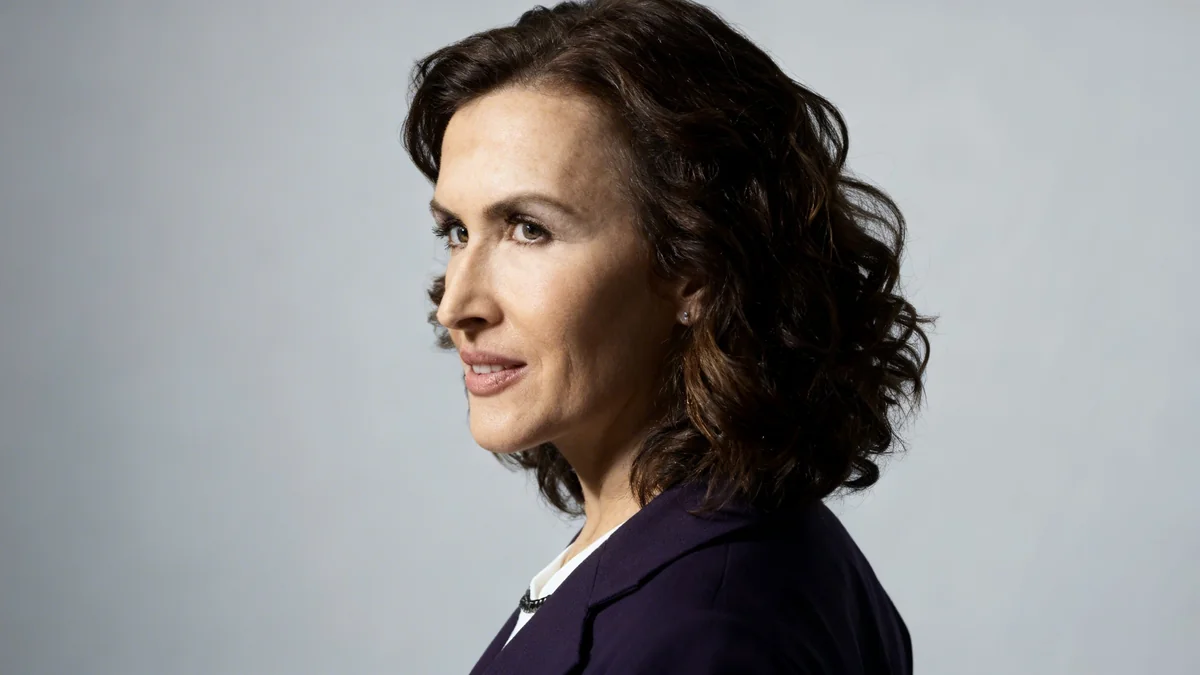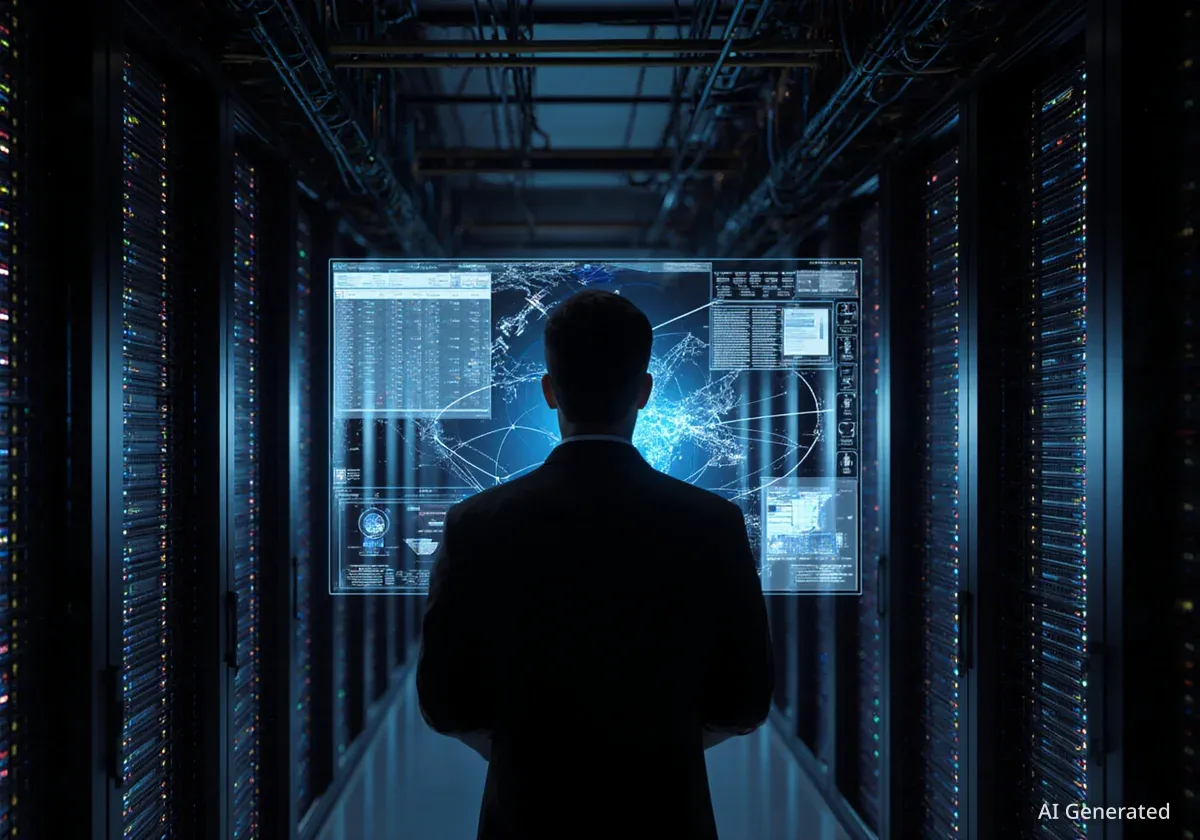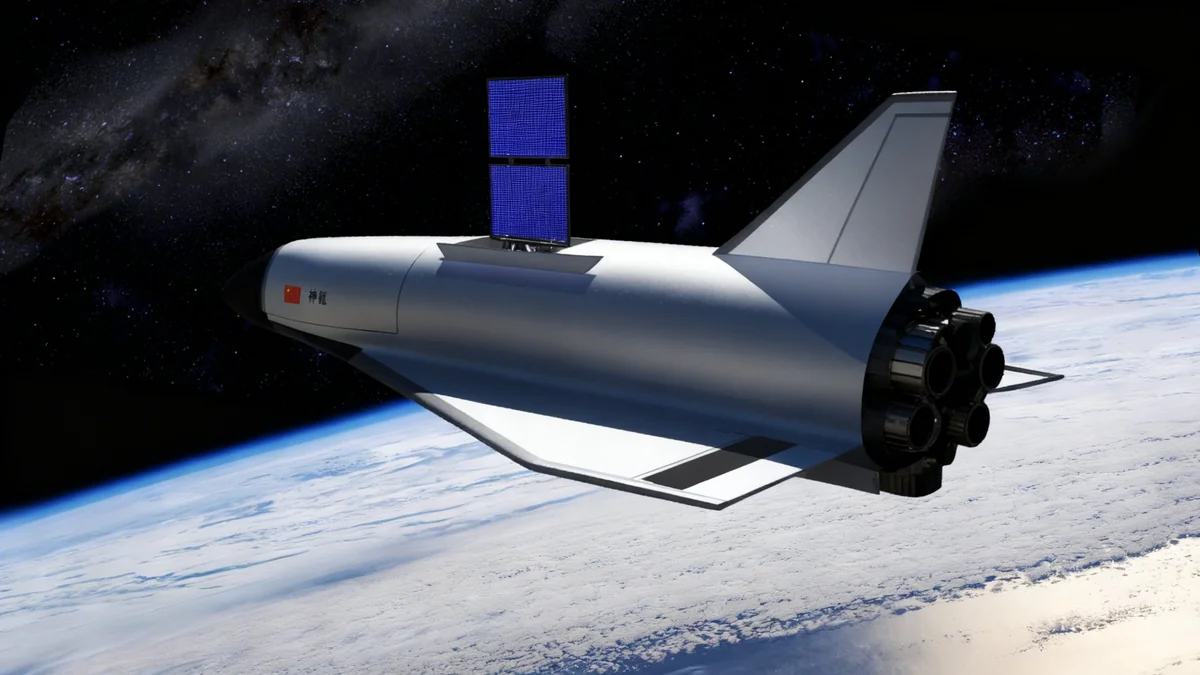The University of North Dakota is set to host its second annual Space Operations Summit on November 5 and 6, bringing together experts from government, industry, and academia. The event will focus on the critical intersection of space exploration and national security, with key discussions planned around satellite technology, hypersonics, and the future of commercial space stations.
Held at the Memorial Union, the summit aims to highlight the university's growing role in aerospace research and its contributions to the nation's defense and space initiatives. The agenda features a lineup of prominent speakers and panel discussions with representatives from leading aerospace companies.
Key Takeaways
- The University of North Dakota's second Space Operations Summit will take place on November 5-6.
- Major themes include hypersonics, national security, satellite technology, and the transition to commercial space stations.
- Keynote speakers include NASA's spacesuit lead for the Artemis program and an associate professor from Purdue University.
- A special fireside chat will feature Northrop Grumman Defense Systems President Benjamin Davies.
- UND is seeking partnerships with companies like Voyager Space to contribute to the International Space Station's replacement.
A Convergence of Space and National Security
This year's summit places a significant emphasis on the dual-use nature of space technology, particularly in the realm of national defense. Scott Snyder, the university's vice president of research and economic development, noted that research into areas like hypersonics blurs the traditional lines between space exploration and national security.
UND has established a National Security Initiative to formalize its work in this area. "It really is properly a national security and space initiative, where we’re looking at national security, but also national security in the context of space," Snyder explained. This focus reflects a broader trend in the aerospace industry, where commercial advancements are increasingly relevant to defense applications.
What Are Hypersonics?
Hypersonic technology refers to vehicles or missiles that travel at speeds of Mach 5 or higher—five times the speed of sound. Their extreme speed and maneuverability make them difficult to detect and intercept, positioning them as a critical area of research for modern defense systems.
The summit will explore this crossover, examining how academic research can support the development of next-generation defense capabilities while also advancing scientific exploration.
Industry Leaders and Academic Pioneers
The two-day event will feature a series of high-profile speakers and panelists from across the aerospace sector. The agenda is designed to foster collaboration between academia and industry, with several major corporations participating.
Keynote Presentations
Two keynote speeches are scheduled to anchor the summit's discussions. Kavya Manyapu, who leads the development of exploration spacesuits at NASA for the Artemis lunar program, will provide insights into the future of human spaceflight. Her work is critical for enabling astronauts to live and work on the Moon.
Joining her is Joseph Jewell, an associate professor of aeronautics and astronautics at Purdue University, who will speak on advanced aerospace topics. His research contributes to the fundamental understanding of high-speed flight and propulsion systems.
Corporate Engagement
The summit will also include sessions guided by a diverse group of companies, highlighting the collaborative nature of the modern space industry. Participants include:
- Blue Origin
- Voyager Space
- Iridium
- Starlabs
- Infinity Systems Engineering
- 3M
These sessions are expected to cover topics ranging from satellite communications to the development of new space habitats, providing attendees with a comprehensive view of the industry's trajectory.
Focus on the Future of Space Stations
A significant portion of the summit will be dedicated to the next generation of orbital platforms. With the International Space Station (ISS) nearing the end of its operational life, NASA is transitioning to a model where it will rent time on commercially owned and operated space stations.
Robert Kraus, dean of UND's John D. Odegard School of Aerospace Sciences, confirmed the university's interest in this new paradigm. "Right now, the International Space Station only has a few years of life left, and so the decision is that we’re going to go to a commercial space station that NASA would rent time on for our astronauts," Kraus said.
"There are several companies that are vying for the down select of the final design."
Kraus specifically mentioned that UND hopes to form a partnership with Voyager Space, one of the companies competing to build a successor to the ISS. Such a collaboration could provide UND students and faculty with unprecedented access to an orbital research facility.
Highlighting UND's Research and Workforce Development
The summit also serves as a showcase for the university's own cutting-edge research facilities and student-led projects. These initiatives demonstrate UND's capacity to contribute directly to the aerospace and defense workforce.
Hands-On Space Simulation
UND is home to unique facilities designed to simulate off-world environments. This includes a neutral buoyancy facility in a pool to simulate weightlessness and the Integrated Lunar/Martian Analog Habitat, where researchers recently completed a two-week mission.
Discussions will cover ongoing research in asteroid detection and the work of students and faculty in building rockets. Kraus emphasized that these practical projects are essential for training the next generation of engineers and scientists for the aerospace industry.
Northrop Grumman Executive to Join Summit
A key event on the second day is a fireside chat featuring UND President Andrew Armacost and Benjamin Davies, the corporate vice president and president of Northrop Grumman's Defense Systems sector. This session, part of the UND National Security Speaker Series, will provide students with direct interaction with a top defense industry executive.
Davies is also scheduled to visit the Northrop Grumman GrandSky site during his trip. Mike Fridolfs, a Grand Forks City Council member and the site's director, expressed enthusiasm for the visit. "When you get a president of a sector to come out and obligate his time to you it’s pretty important, and so we want to use his time wisely and show him all the good stuff we do out here," Fridolfs stated.
The high-level engagement from companies like Northrop Grumman underscores the strategic importance of the region and the university in the national security landscape, reinforcing the summit's central theme of collaboration between education, industry, and defense.
